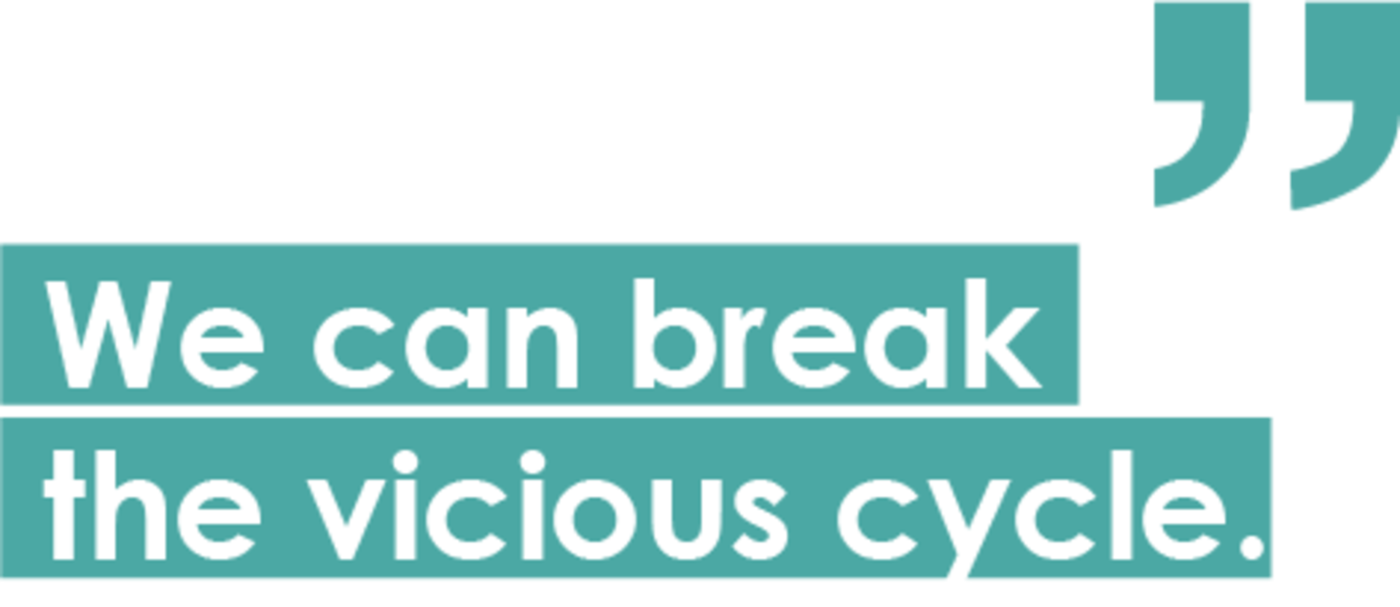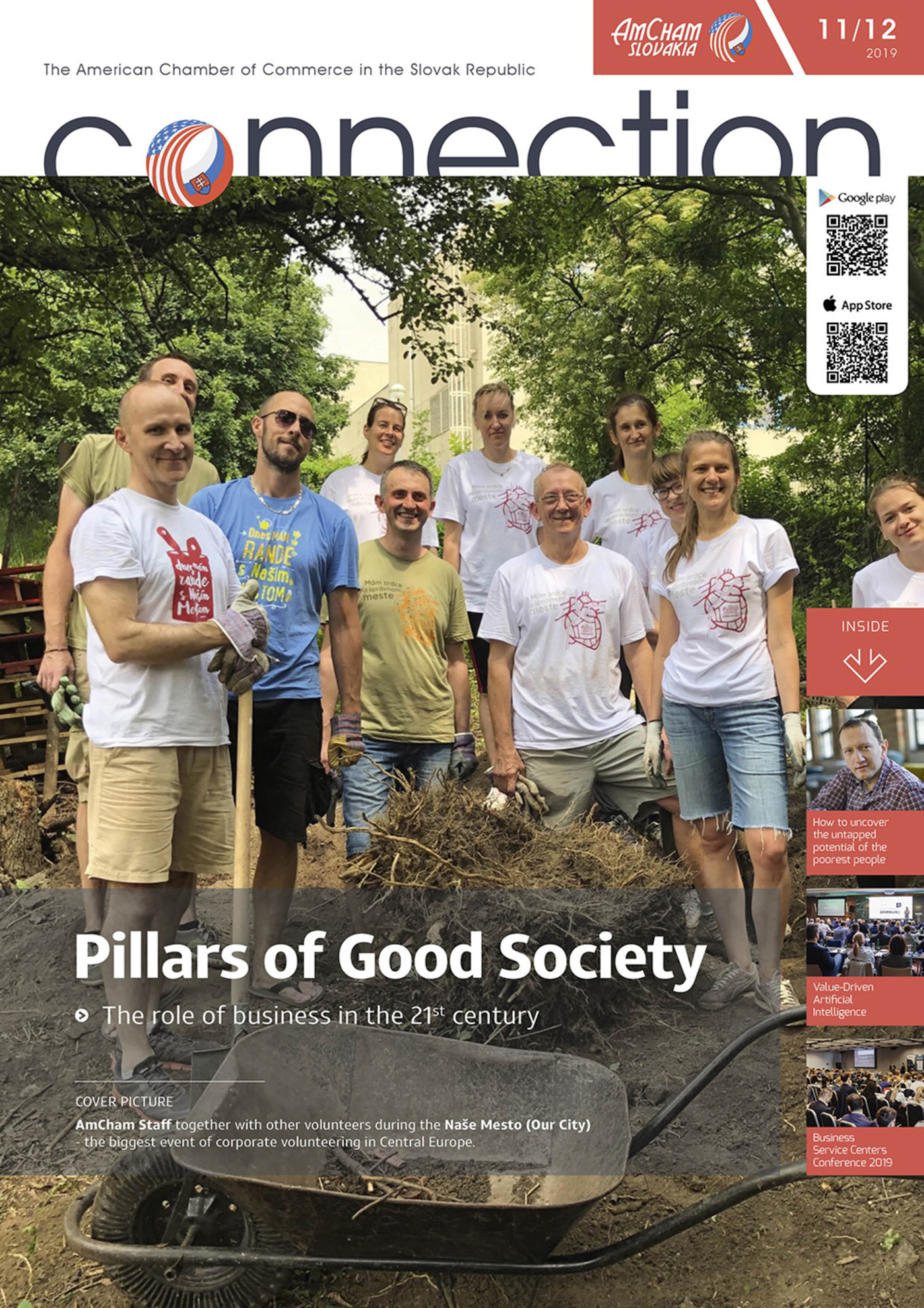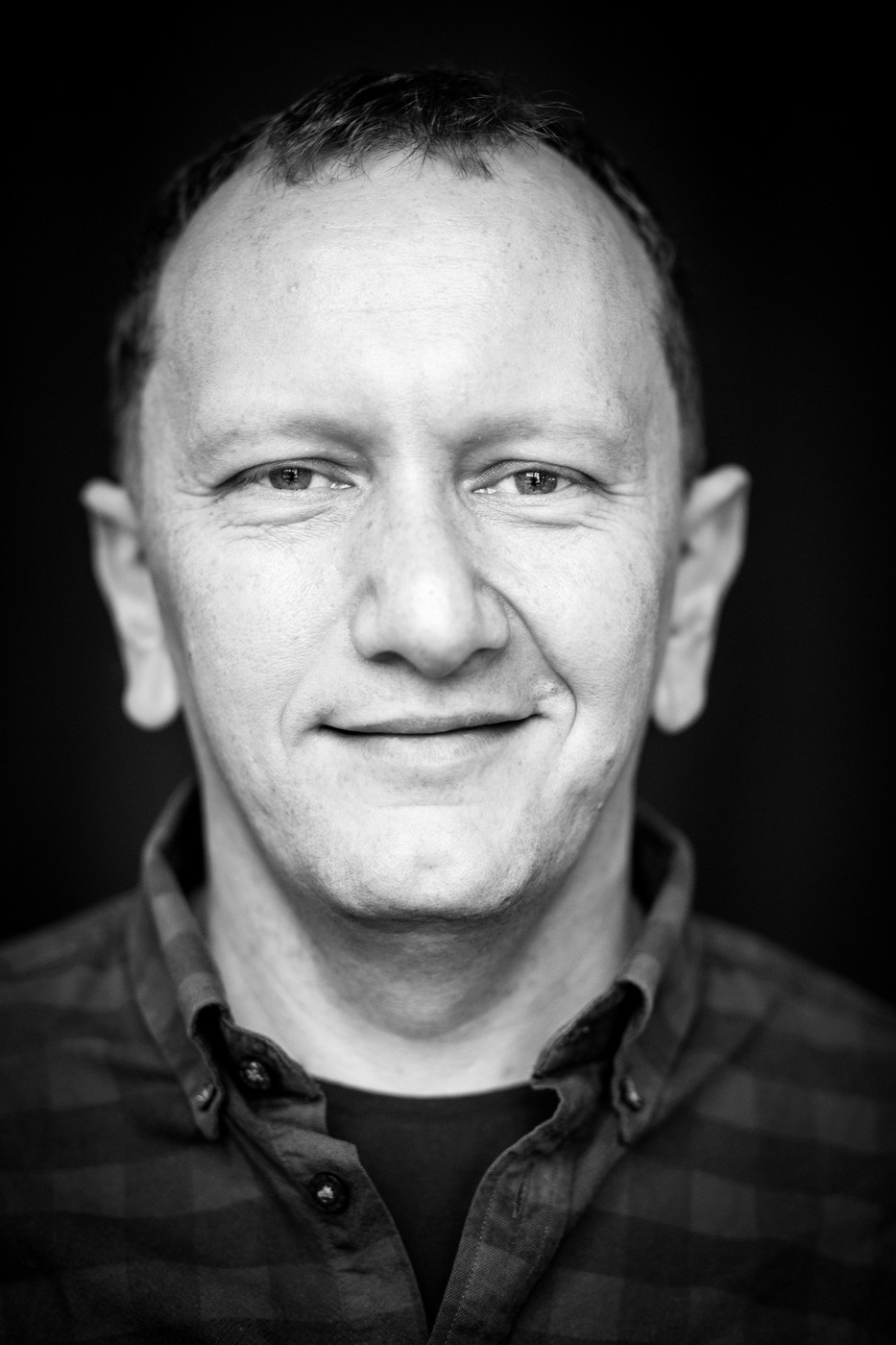In Slovakia, about 7,000 children per year are born into extreme generational poverty. I am talking about Roma settlements where the parents of these children and many generations before them grew up.
This poverty is not caused by Roma culture or mentality. Many still openly (or secretly) believe this racist prejudice. It´s wrong. Tens of thousands of Roma live here as an integrated part of the middle class. We do not condemn them because they are like us. It´s a common cognitive bias when we judge groups of people according to their most extreme manifestations of poverty. The mental lag, the addictions, repossessions from unpaid loans, petty crimes and having many kids at a young age - we tend to generalize these to all Roma.
The truth is, however, these are the consequences of living in generational poverty. Integrated middle-class Roma do not share these same manifestations of poverty. Imagine being pushed into a corner and your only focus is to survive one more day. Imagine experiencing tension and extreme stress every day. Would you be able to make rational decisions for long-term benefits? No. Your main goal would be to survive today. Under such pressure, you would likely make mistakes, choose short-term benefits or resign completely.
 It is almost impossible to break out of this vicious circle without outside help. But the help comes very sporadically. Despite the fact that our universities produce masses of social workers, you hardly see them in the poorest settlements. Despite the fact that part of the majority thinks that the Roma receive big money, the truth is that the entire family must survive on only 5-10 euro per day in the settlement. Children grow up in toxic stress and the circle of poverty continues. As a society, we have written these people off. Solutions to these challenges are not unreachable. We can break the vicious cycle.
It is almost impossible to break out of this vicious circle without outside help. But the help comes very sporadically. Despite the fact that our universities produce masses of social workers, you hardly see them in the poorest settlements. Despite the fact that part of the majority thinks that the Roma receive big money, the truth is that the entire family must survive on only 5-10 euro per day in the settlement. Children grow up in toxic stress and the circle of poverty continues. As a society, we have written these people off. Solutions to these challenges are not unreachable. We can break the vicious cycle.
To accomplish these goals, we need to start from the very beginning - from birth, or even pregnancy. Scientists agree that early childhood development is a crucial component to our entire life. Reasonable intervention at the critical age of 0-3 years, when our attachment and brain architecture are forming, is an investment with the greatest return for society. It lays the foundations for successful entry into school. Our Omama program currently helps 170 children in settlements, but thousands need additional support.
At pre-school age, the next major brain transformations are occurring - persistence, stamina, determination, resilience, initiative, etc. Researchers indicate that these attributes have even more impact on future success than IQ and cognitive abilities. Why do two-thirds of children from the settlements still not attend kindergarten? Approved one preschool year will not solve it. Intervention must come sooner.
We must not separate school children with poor backgrounds from their middle class peers. These peers become their role models, motivation, contacts and create positive experiences. We need to focus on providing support in the form of mentoring, community centers, library programs, and participation in youth organizations to help them overcome their handicaps.
And when they grow up, let’s help them find viable job opportunities. Today, several companies employ Roma. Stiga and Whirlpool are leaders in this area. They have actively worked to employ local community members before importing workers from abroad. It requires a smart approach and initial investment, especially in training and building work habits and skills. Corporate HR partners and social workers are critical for these employment programs to succeed. These companies see this as their social responsibility.
Affordable housing is the last element of this mosaic. The housing standard is the most visible distinguishing feature between the poor and middle class. Where you live also affects your social inclusion. Slovenská sporiteľňa already supports a saving program and self-help construction of low-budget houses for the poorest. That is a viable way forward.
Private industry is an important partner in tackling poverty. It must find the courage to support initiatives in the fields of education (from early childhood), training and housing to a greater extent. The more investment in human capital we work towards, the more positive the future business outlook will be.
How to uncover the untapped potential of the poorest people
The potential customers, loyal employees, possible business partners live next to us. However, we ignore this niche and we have not yet found the courage to invest more in them. In the long run, we are harming both them and ourselves.
Pillars of Good Society
- How to uncover the untapped potential of the poorest people
- Why companies and NGOs should join forces locally
- Companies should not exist for profit alone
- Slovak Telekom inspires businesses to eliminate prejudices in communications
- Circular Slovakia – a platform for circular economy
- The untapped potential of marginalized communities
- The regulatory framework and the burden for businesses



Follow us